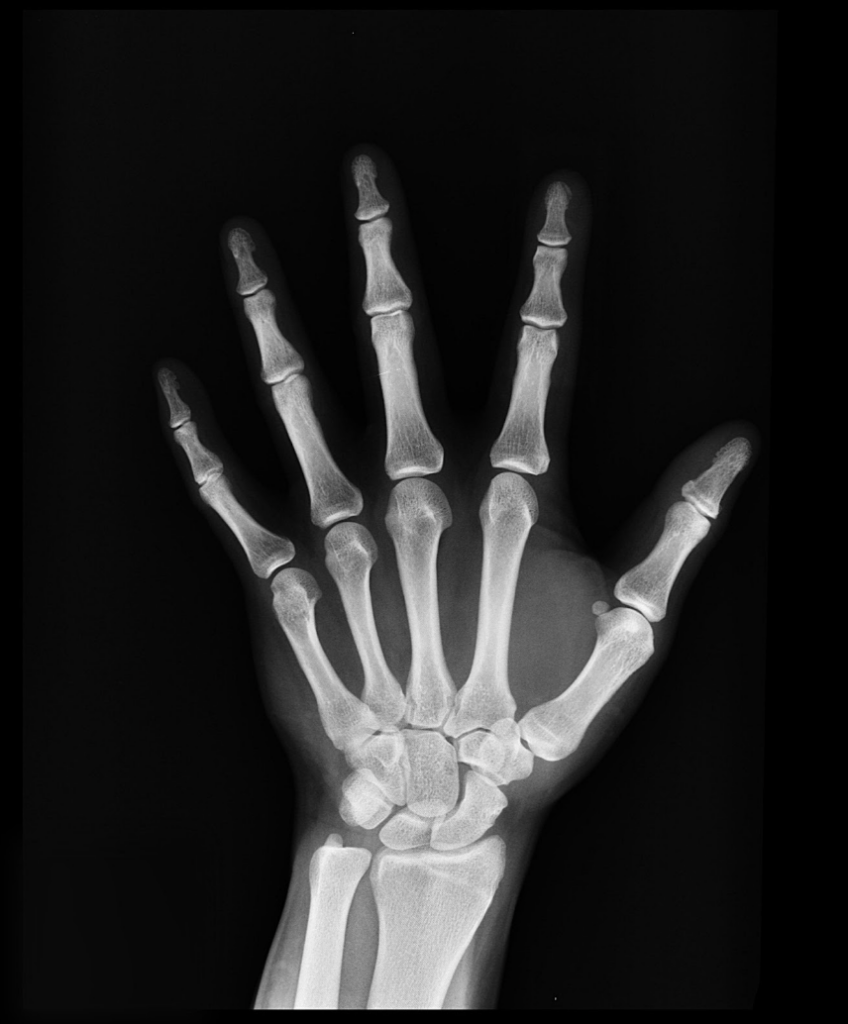
Causing problems like discomfort, decreased mobility and weakness in the shoulder joint, a rotator cuff injury can seriously interfere with an individual’s ability to comfortably and effectively complete their job, pastimes and other parts of their daily routine. For lingering symptoms that have gotten worse or not improved over time, patients may consider visiting a qualified rotator cuff surgeon near me to receive the care needed to make a successful recovery. Seeking the best option in the Reading, PA area? Read on to learn about Dr. Stephen Soffer!
Expert Rotator Cuff Surgeon Near Me | Dr. Stephen Soffer
If a rotator cuff tear is interfering with your happiness and productivity, you can depend on Dr. Soffer to provide world-class shoulder care. More mild rotator cuff injuries often respond well to nonsurgical treatments like physical therapy, medication and rest. However, more complicated or severe tears may ultimately require surgery.
To determine the best way to proceed in your unique case, Dr. Soffer will:
- Perform a thorough examination of your shoulder, using advanced imaging such as MRI if needed
- Review your full health history and discuss personal factors like your occupation, activity level and recovery goals
- Advise on the right course of action at this point in time, whether it’s surgical rotator cuff repair or another treatment method
Through attentive, professional evaluation that draws upon his extensive training and cutting-edge diagnostic techniques, Dr. Soffer can help you get on the road to bouncing back from your rotator cuff injury in a timely and strategic manner.
Comprehensive Care for Rotator Cuff Injuries
Proud to be one of the Reading, PA area’s most accomplished choices for patients seeking a “rotator cuff surgeon near me”, Dr. Soffer completed a fellowship with leading sports surgeon Dr. James Andrews. This experience, combined with other training, has equipped Dr. Soffer to provide truly top-quality care for individuals of any age who are in need of open or arthroscopic shoulder surgery. He also offers a full range of nonsurgical treatments for those preferring alternatives to operative treatment.
To request an appointment with Dr. Soffer, call our Wyomissing, PA office at 610-375-4949. We look forward to hearing from you!






